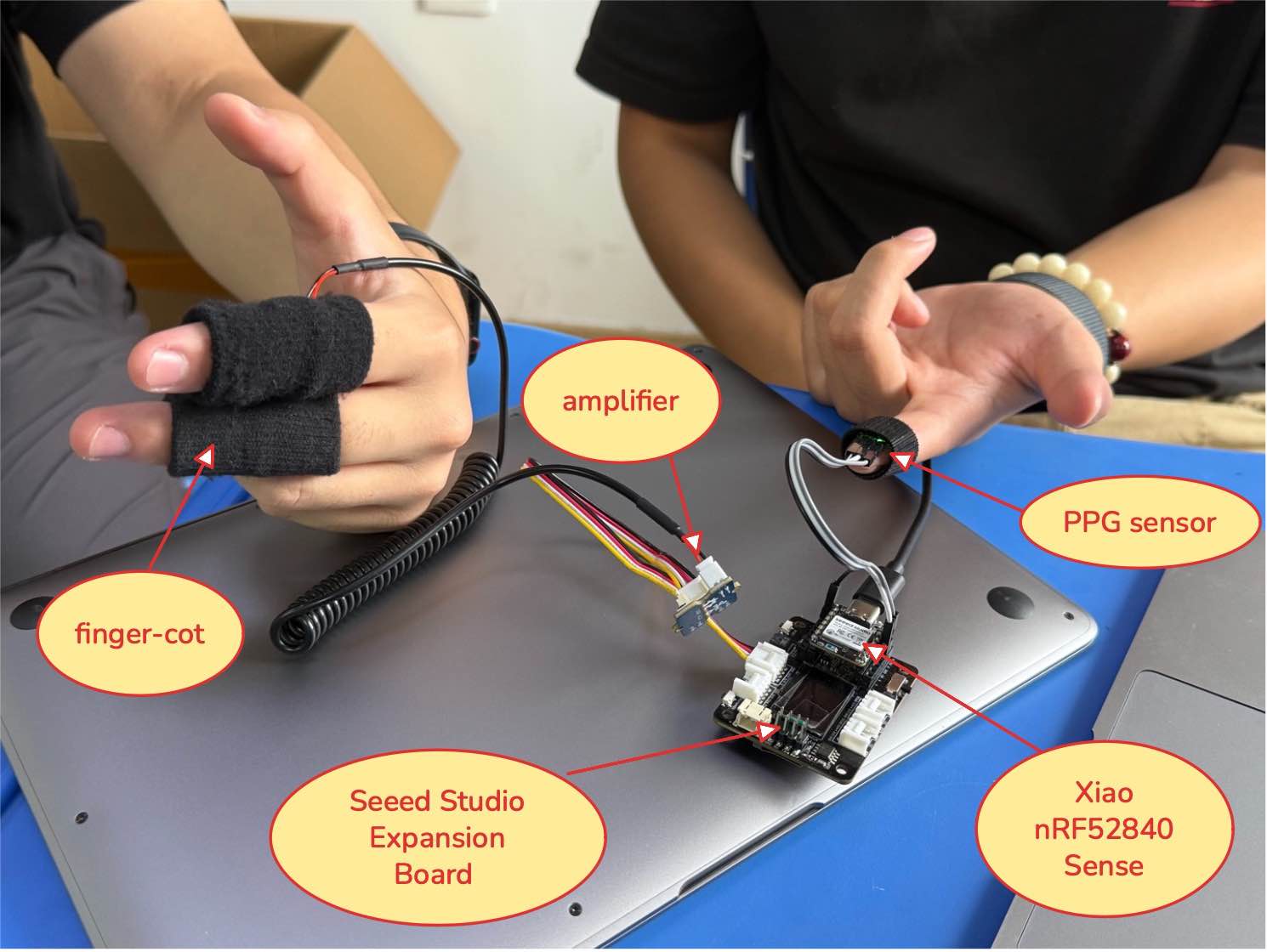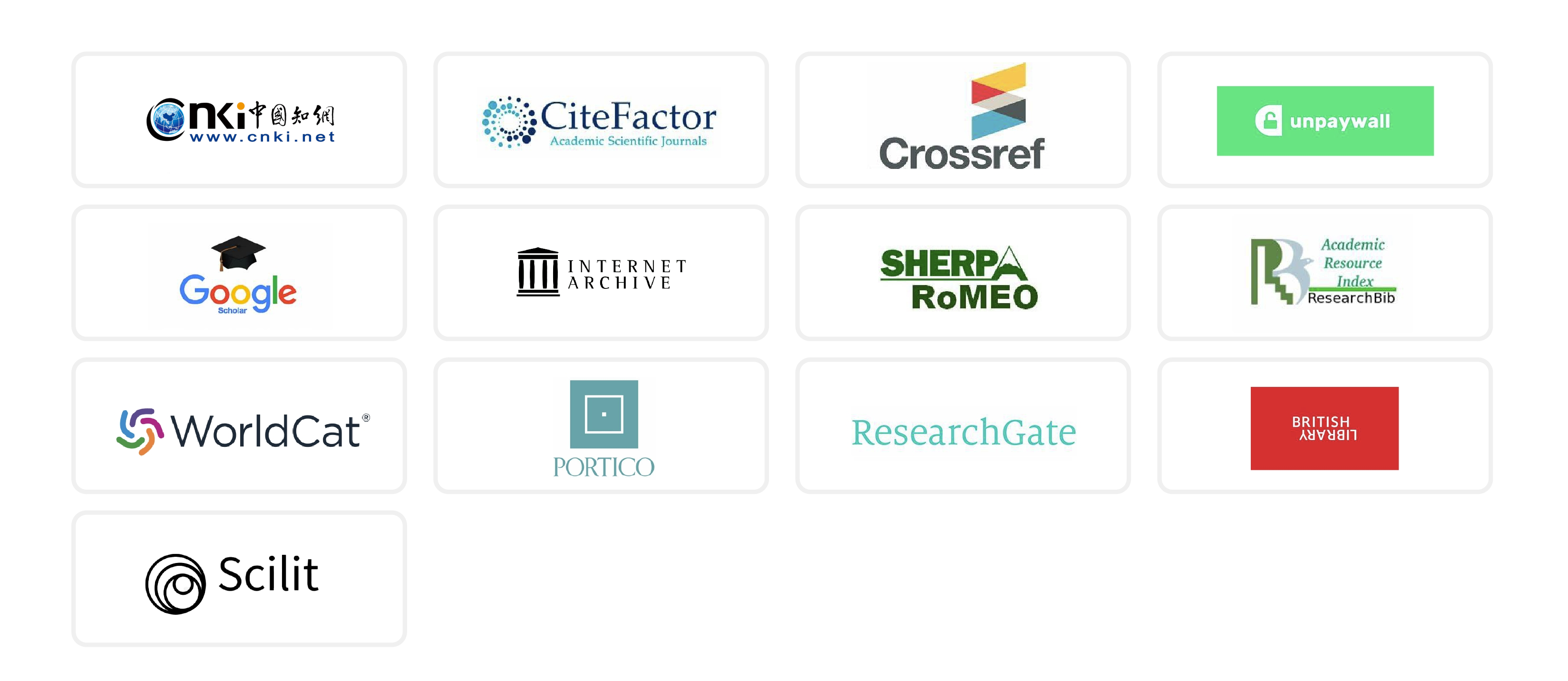

About CHRThe proceedings series Communications in Humanities Research (CHR) is an international peer-reviewed open access series, which publishes conference proceedings on a wide range of methodological and disciplinary topics related to the humanities. CHR is published irregularly. By offering a public forum for discussion and debate about human and artistic issues, the series seeks to provide a high-level platform for humanity studies. Research-focused articles are published in the series, which also accepts empirical and theoretical articles on micro, meso, and macro phenomena. Proceedings that are appropriate for publication in the CHR cover topics on different linguistic, literary, artistic, historical, philosophical perspectives and their influence on people and society. |
| Aims & scope of CHR are: ·Community, Society & Culture ·Literature ·Art ·Philosophy |
Article processing charge
A one-time Article Processing Charge (APC) of 450 USD (US Dollars) applies to papers accepted after peer review. excluding taxes.
Open access policy
This is an open access journal which means that all content is freely available without charge to the user or his/her institution. (CC BY 4.0 license).
Your rights
These licenses afford authors copyright while enabling the public to reuse and adapt the content.
Peer-review process
Our blind and multi-reviewer process ensures that all articles are rigorously evaluated based on their intellectual merit and contribution to the field.
Editors View full editorial board

United States

United Kingdom

Urbino, Italy
vharrison@umac.mo

Lancaster, United Kingdom
o.afitska@lancaster.ac.uk
Latest articles View all articles
This research examines the evolution of female protagonists in Qing palace dramas, utilizing My Fair Princess, Empresses in the Palace, and Story of Yanxi Palace as case studies, to explore how their transforming archetypes reflect broader societal shifts. Through textual and case analysis, the study identifies a clear trajectory from Xiao Yanzi’s archetype of the Innocent Rebel, whose instinctual defiance resonated with the post-reform era’s optimism and yearning for individuality, to Zhen Huan’s archetype of the Tragic Strategist, whose calculated adaptation and moral compromise mirrored early 21st-century anxieties about hyper-competition and institutional power. Finally, the archetype culminates in Wei Yingluo’s Proactive Conqueror, whose efficient, assertive agency and mastery of the system align with the digital age's "shuang" culture and a modern, competence-based model of female empowerment. This progression from challenging rules to mastering and redefining them demonstrates how these popular narratives function as a cultural barometer, chronicling the evolving psyche, gender norms, and social consciousness of Chinese society over two decades.

 View pdf
View pdf



This study examines the effects of recreational screen time on sleep quality and perceived stress levels. The duration of mobile phone use was defined as a key predictor variable to more accurately and systematically assess its association with a range of critical health outcomes. Using a mixed-methods approach that combines self-reported survey measures and objective passive detection data, the researchers identified statistically significant and meaningful correlations between this prolonged exposure to the screen and several adverse health indicators. Specifically, increased screen time was robustly and strongly associated with significantly elevated stress and further accompanied by impaired stress regulation, thus leading to reduced outdoor activity time exhibited a greater individual variability across participants. Overall, the findings suggest that excessive recreational screen exposure may disrupt healthy daily behavioral routines, reduce crucial opportunities for physical engagement, and contribute to cumulative psychological strain, underscoring the critical importance of balanced digital usage for individuals' overall well-being.

 View pdf
View pdf


Phonological awareness, also referred to as phonemic awareness, means that children are able to identify and manipulate the sound structure of words, which is the most reliable factor predicting the effectiveness of young children’s early reading learning. Because it is important to teach literacy, Chinese character recognition, and form consciousness during the primary school lower grades, the article summarizes the impact of phonological awareness teaching on students’ reading, and attempts to discover this through a literature overview and a comprehensive case study. According to the literature review part, the relationship between phonological awareness and acquisition of reading ability has been confirmed to be close; among them, training phoneme skills like separation and synthesis is especially helpful for the decoding ability and reading smoothness of students. It can be seen through the cases that students had experienced remarkable improvements after the intervention of phonological awareness training in decoding skills or reading fluency. This paper argues that the earliest stage of teaching children to read and write is Phonological awareness. The author proposes suggestions based on this article that teachers may give systematic phonological awareness training and teaching activities for students in normal lessons to help children learn to read better. This research can be extended to subject field in future investigations of phonological awareness interventions on the reading abilities of children.

 View pdf
View pdf


With the continuous evolution of high technology, digital technology is profoundly reshaping the form of documentaries and the connotation of their "authenticity." In an era dominated by "simulacra," interactive documentaries have constructed a new representation of "authenticity" through the innovative application of digital technology. This study takes Baudrillard's theory of "simulacra" as its starting point and uses case analysis and textual analysis to explore how interactive documentaries construct "authenticity" in the context of digital media. The study finds that, unlike traditional documentaries that rely on "objective reproduction," interactive documentaries construct a sense of authenticity through three dimensions: "data authenticity," "perceptual authenticity," and "algorithmic authenticity," presenting a more complex and diverse picture. While possessing social and open aspects, it is also necessary to remain vigilant against algorithmic manipulation and technological ethics. Overall, the authenticity of interactive documentaries has transcended the "reproduction" of images, moving towards a process of co-construction between the audience and the media, and the social function of documentaries has been expanded to a deeper level.

 View pdf
View pdf


Volumes View all volumes
Volume 100December 2025
Find articlesProceeding of ICIHCS 2025 Symposium: The Dialogue Between Tradition and Innovation in Language Learning
Conference website: https://2025.icihcs.org/
Conference date: 26 November 2025
ISBN: 978-1-80590-577-6(Print)/978-1-80590-578-3(Online)
Editor: Heidi Gregory-Mina, Enrique Mallen
Volume 99December 2025
Find articlesProceedings of the 4th International Conference on Interdisciplinary Humanities and Communication Studies
Conference website: https://www.icihcs.org/
Conference date: 17 November 2025
ISBN: 978-1-80590-573-8(Print)/978-1-80590-574-5(Online)
Editor: Enrique Mallen
Volume 98December 2025
Find articlesProceedings of ICIHCS 2025 Symposium: Literature as a Reflection and Catalyst of Socio-cultural Change
Conference website: https://www.icihcs.org/Nawabshah.html
Conference date: 15 November 2025
ISBN: 978-1-80590-531-8(Print)/978-1-80590-532-5(Online)
Editor: Enrique Mallen, Abdullah Laghari
Volume 97December 2025
Find articlesProceeding of ICIHCS 2025 Symposium: The Dialogue Between Tradition and Innovation in Language Learning
Conference website: https://2025.icihcs.org/
Conference date: 26 November 2025
ISBN: 978-1-80590-529-5(Print)/978-1-80590-530-1(Online)
Editor: Heidi Gregory-Mina, Enrique Mallen
Announcements View all announcements
Communications in Humanities Research
We pledge to our journal community:
We're committed: we put diversity and inclusion at the heart of our activities...
Communications in Humanities Research
The statements, opinions and data contained in the journal Communications in Humanities Research (CHR) are solely those of the individual authors and contributors...
Indexing
The published articles will be submitted to following databases below:






